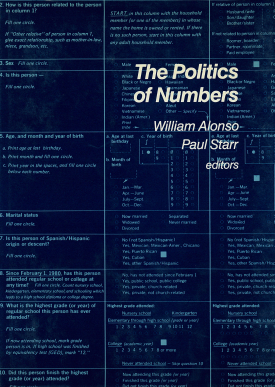According to the 2000 Census, more than 30 million immigrants reside in the United States, nearly half of whom entered the country within the last 10 years. Currently, immigrants comprise 11 percent of the population, the highest percentage since 1930. Although immigrant groups have always tended to live in ghettoized clusters, few studies have examined the socioeconomic impact of residential isolation or whether today's immigrant groups are more or less isolated from the native-born population than were early twentieth-century immigrant groups.
Access to and use of financial services can affect a wide range of economic behaviors, including decisions about consumption, saving, home ownership, business formation, investment and retirement. These services have the potential to empower disadvantaged groups and give them greater control over their economic future. However, little is known about the use of financial services among one historically impoverished group - immigrants to the United States. To what extent do they participate in mainstream financial institutions?
New immigrants to the United States bring with them new attitudes about gender roles and the division of labor within the family. Though these cultural differences may translate into new patterns of workforce participation for men and women, until now little research has focused on gender differences in outcomes and rates of assimilation.

The Politics of Numbers
About This Book
The Politics of Numbers is the first major study of the social and political forces behind the nation's statistics. In more than a dozen essays, its editors and authors look at the controversies and choices embodied in key decisions about how we count—in measuring the state of the economy, for example, or enumerating ethnic groups. They also examine the implications of an expanding system of official data collection, of new computer technology, and of the shift of information resources intot he private sector.
WILLIAM ALONSO is at Harvard University.
PAUL STARR is at Princeton University.
A Volume in the RSF Census Series
RSF Journal
View Book Series
Sign Up For Our Mailing List
Apply For Funding
Pagination
- Previous page
- Page 110
- Next page
